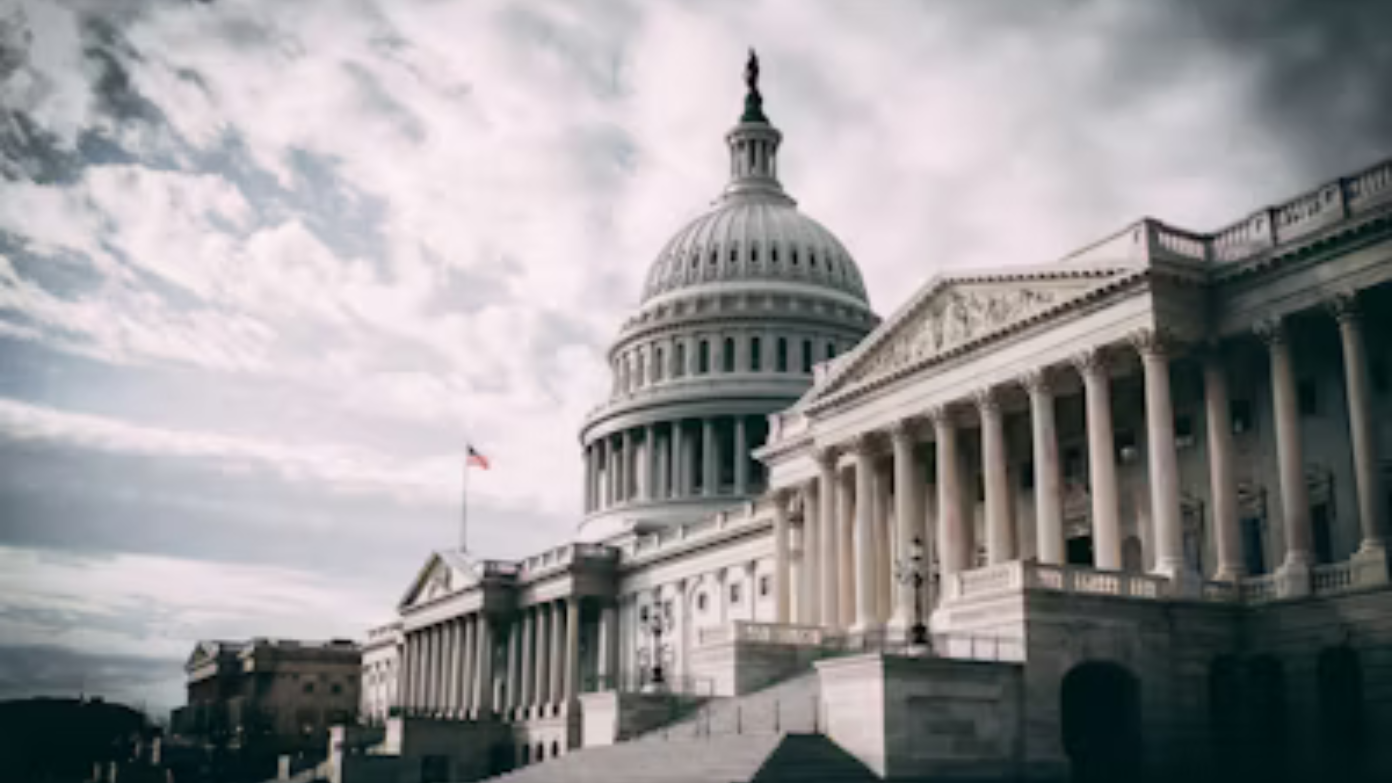With the House-passed “One Big Beautiful Bill Act” headed to the Senate, Republican senators are charting significant changes that have the potential to transform the $4 trillion legislative package. The Senate’s intended changes—ranging from fiscal priorities, accounting procedures, and social programs spending—have the potential to risk igniting intraparty battles and pushing procedural limits within the 51-seat GOP majority.
Fiscal priorities clash: Permanent tax cuts vs. Deficit discipline
The core of Senate opposition is disagreement with temporary renewals of important business tax incentives in the House bill. While the House capped 100% bonus depreciation and R&D expensing from 2025-2029 to rein in costs, Senate Finance members insist on permanence. “Economic certainty demands putting these arbitrary cliffs behind us,” opined Senate Majority Leader John Thune, who said temporary renewals give businesses nightmares. But enacting these provisions into law would add to the deficit by $380 billion over a decade under the Joint Committee on Taxation models, rather than the deficit hawks’ demands of $2 trillion in reductions—$500 billion more than what is available in the House.
This is a reflection of a deeper Republican quandary: balancing Trump’s election-year promises of even deeper tax reduction with fiscal conservatives’ calls to revert back to pre-pandemic levels of spending. Senator Ron Johnson has called for $6 trillion in reductions, an amount even allies acknowledge is unrealistic given the bill as written.
The baseline accounting battleground
Senate Republicans are using a blatant “current policy baseline” tactic to avoid deficit worries. By projecting Trump’s 2017 tax cuts as perpetual, this budget gimmick essentially removes the $4.6 trillion price tag for making them permanent from legislative scoring. House designers such as David Schweikert grumble the trick is “intellectual fraud,” but Senate Budget Committee Chairman Lindsey Graham argues it is required in order to “unlock pro-growth policies without artificial constraints.”
The strategy confronts twin tests:
- Parliamentary scrutiny: The Senate parliamentarian will decide whether this baseline satisfies reconciliation rules that mandate provisions to carry more than “incidental” fiscal effects.
- Political optics: Democrats have pounced on new Joint Committee estimates suggesting the Republican plan would cost $7 trillion over ten years when counting interest and other tax breaks.
Procedural minefields in reconciliation
To accelerate passage, Senate leadership is planning to circumvent committee markups—a break from tradition that exposes them to procedural minefields. The close 215-214 House bill passage does not leave much room for error in negotiating versions between the two chambers. Issues at issue are:
- Byrd rule compliance: Provisions such as the SALT deduction cap increase (to $20,000 from $10,000) are dubious under reconciliation’s rule that only measures with direct effect on spending or revenues are allowed.
- Tariff offsets: $1.5 trillion worth of planned tariffs against foreign imports, essential to finance tax cuts, may violate World Trade Organization rules, triggering worldwide retaliation.
Welfare reform sparks state-level revolt
The House mandate that states pay 5% of the expense of Supplemental Nutrition Assistance Program (SNAP) expenses has brought together unlikely opponents. Alaska’s Lisa Murkowski and South Carolina’s Tim Scott warn the mandate would be tough on states with high poverty rates, while agricultural lobbyists are concerned lower food stamp expenditures would put downward pressure on farm revenues. Senate Agriculture Chairman John Boozman is penning amendments to exempt states with 6% or higher unemployment—a provision that would cover 14 Republican-held territories.
The July 4 countdown
With leadership pushing to Independence Day final approval, the negotiators have tough choices to make:
- Defense or domestic cuts: Senate Armed Services Committee members insist on $85 billion more for shipbuilding at sea than the House provided, so the same amount must be cut elsewhere.
- Tip tax repeal timing: Trump’s own great idea to repeal tipping taxes can be phased in to keep its $220 billion price tag.
As Senate parliamentarians comb through the bill’s over 1,000 pages, the next few weeks will determine whether Republicans manage to balance competing priorities—or internal divisions dash their marquee legislative priority. With Democrats solidly united against the bill, the GOP’s fortunes now rest on navigating a middle course between economic ideology and fiscal reality.
Read more: Who is Elias Rodriguez, the suspect in the murder of two Israelis outside the Israeli embassy in Washington DC
Read more: What is the GENIUS Act, the cryptocurrency regulation that has taken a step forward in the Senate and is closer to passing with Democratic…

